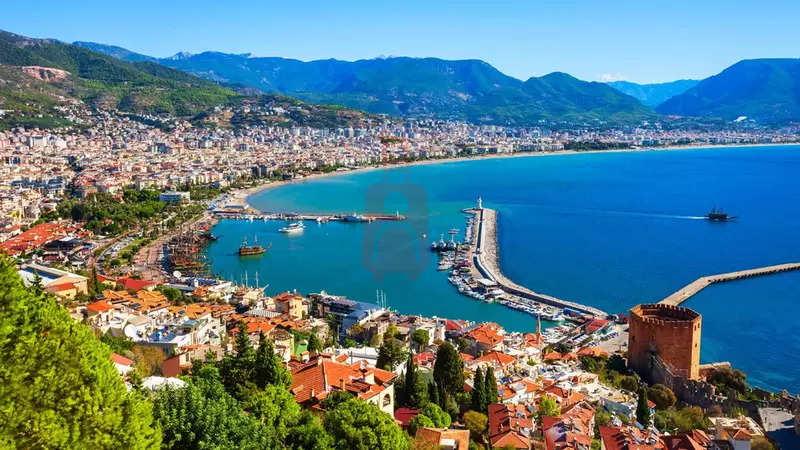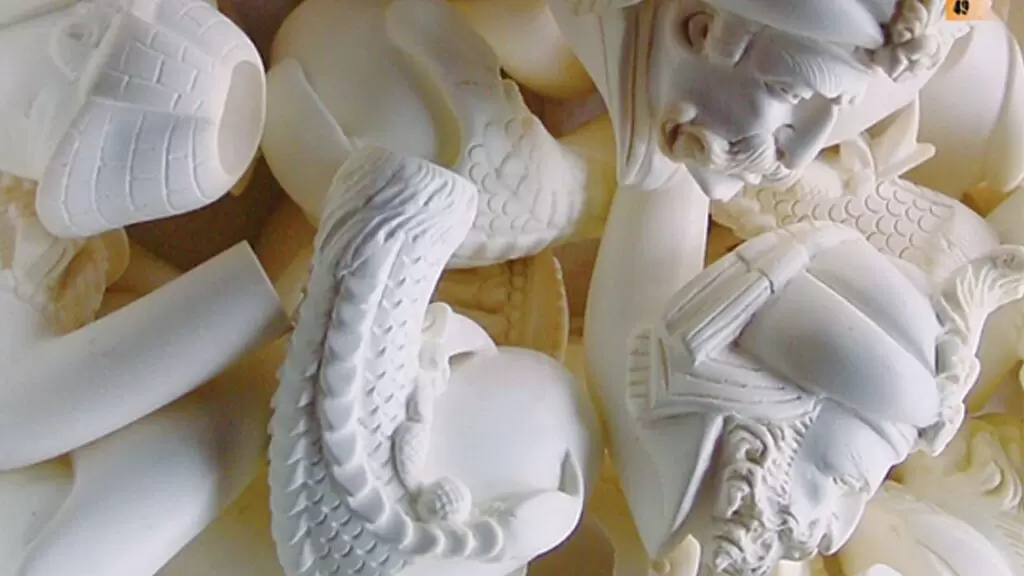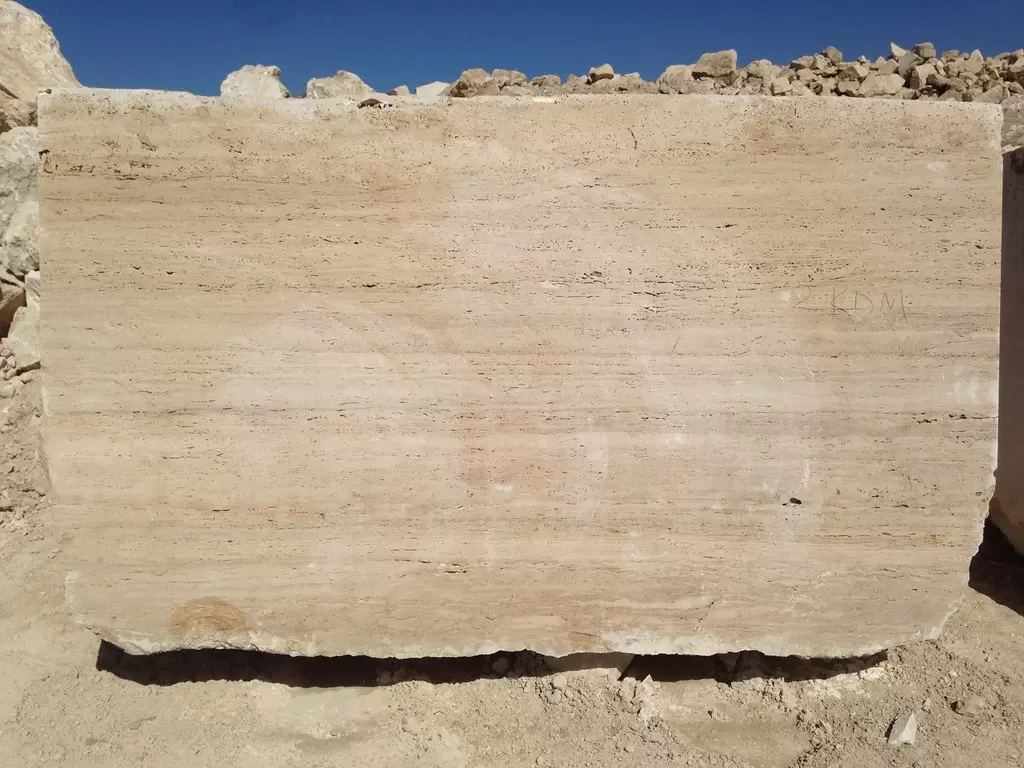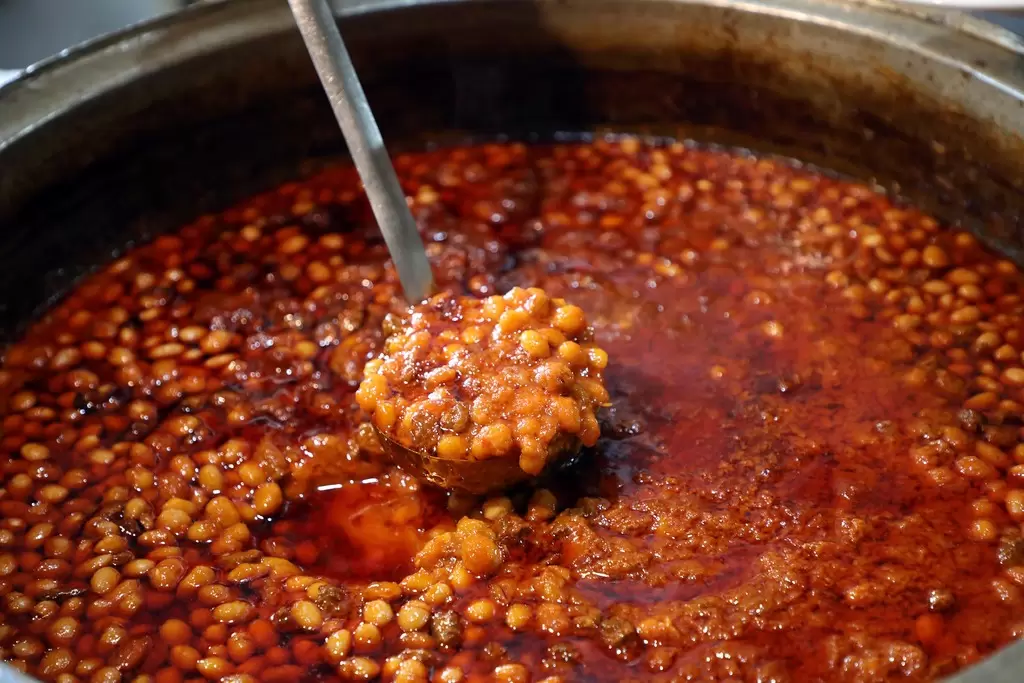
Kastamonu Einkorn Flour is a geographically indicated product celebrated for its rich history, traditional production methods, and nutritional benefits. Made from Kastamonu Einkorn Wheat, an ancient grain with origins dating back thousands of years, this flour embodies the agricultural heritage and cultural significance of the Kastamonu region in Turkey. Einkorn wheat, registered under geographical indication number 545, is renowned for its resilience to harsh environmental conditions, including drought and poor soil, making it a vital crop in the region.
Distinctive Features of Kastamonu Einkorn Flour
-
Unique Wheat Variety:
Kastamonu Einkorn Wheat is characterized by its single-grain spikelets arranged in two opposite rows on the wheat head. Each spikelet contains a single grain, tightly encased in a protective husk. This husk remains attached during the harvesting process, ensuring the grain's integrity and nutritional value. -
Nutritional Richness:
The flour retains the natural nutrients of einkorn wheat, including high levels of protein, dietary fiber, and essential vitamins and minerals. Unlike modern wheat varieties, einkorn has a lower gluten content, making it easier to digest while maintaining excellent baking qualities. -
Traditional Milling Process:
The production of Kastamonu Einkorn Flour follows time-honored methods that preserve its unique characteristics. After harvesting, the wheat is carefully cleaned and dehusked to remove the tough outer layer. The grain is then washed to eliminate impurities and sun-dried in the open air, typically for 12 hours, depending on weather conditions. This natural drying method ensures the wheat retains its vibrant golden color. -
Stone Milling:
Once dried, the wheat is ground using traditional stone mills. This process, which involves adjusting the space between the millstones, ensures the bran layer remains intact, contributing to the flour’s distinct texture, flavor, and nutritional profile. Stone milling also avoids overheating the grain, preserving its natural qualities. -
Geographical and Cultural Connection:
The production of Kastamonu Einkorn Flour is deeply rooted in the geography and culture of the region. The unique climate and soil conditions of Kastamonu provide an ideal environment for growing einkorn wheat. The traditional production methods passed down through generations ensure the flour maintains its authenticity and strong connection to the region’s heritage. -
Culinary Uses:
Kastamonu Einkorn Flour is highly versatile and used in a variety of traditional Turkish dishes. Its nutty flavor and dense texture make it ideal for bread, pastries, and other baked goods. It is also prized for its health benefits, making it a popular choice for modern, health-conscious cooking. -
Resilience of Einkorn Wheat:
Einkorn wheat’s ability to thrive in harsh conditions highlights its importance as a sustainable crop. Its natural resistance to drought and poor soil makes it a reliable staple for the Kastamonu region, where farming has long been a way of life.
Significance for Visitors
Kastamonu Einkorn Flour is more than just an ingredient—it is a symbol of the region’s agricultural and cultural heritage. For travelers, it offers a chance to experience the rich flavors and traditions of Kastamonu. Whether enjoyed in local dishes or taken home as a unique souvenir, Kastamonu Einkorn Flour provides a tangible connection to the history, culture, and culinary excellence of this remarkable region.


















